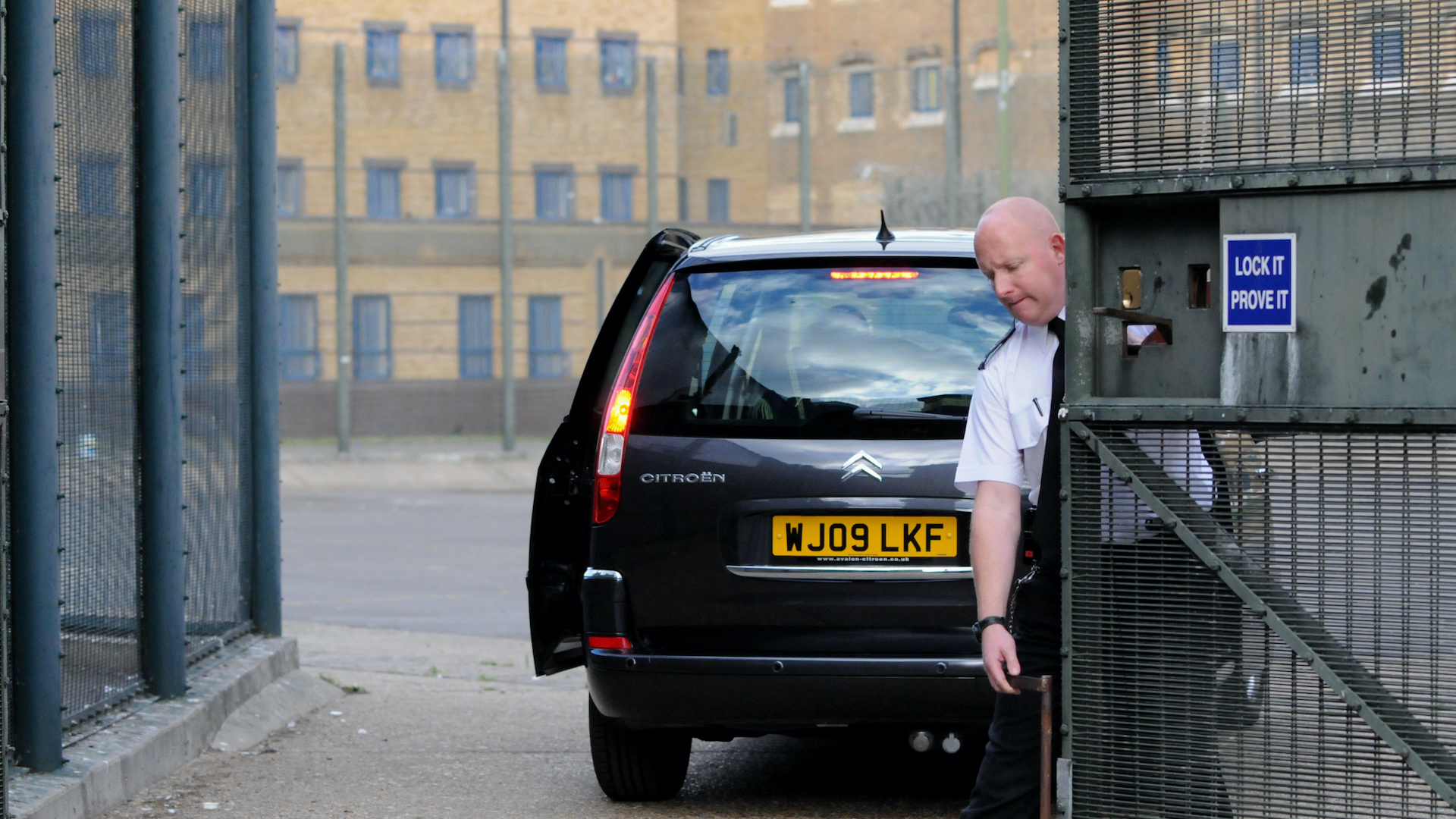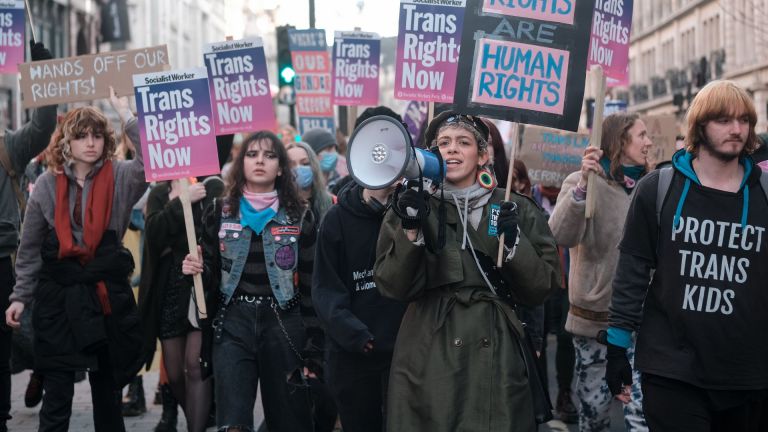In the opening pages of Charles Dickens’ Great Expectations, Pip, the main character, confronts a convict in a churchyard, escaped from the Hulks. The Hulks were old ships converted to prison ships, that lay near shore and were dreadful places to keep people.
That was the early 19th century when prison was all about life-threatening punishment and the cruel abuse of power over the lives of wrongdoers. As the century moved on, conditions were marginally improved and land-based prisons replaced many of the old ships.
But hard regimes were still insisted on. Prison was largely bad for your health, and there was no sense of reforming you, turning you for the better so that when you returned to society you were unlikely to reoffend. But increasingly the knowledge was developed that in fact if you could reform people, especially the young, you had a good chance of turning them around.
Possibly the greatest reform you could make is to prevent people going into prison in the first place
I was a part of that system. I was soaked in post-Second World War education and redemption programmes that issued out from Her Majesty’s Prison Service’s reform of the young. The argument ran that most juvenile delinquents came from violent and poor social circumstances not of their own making. They were children who got ‘dragged up wrong’, so to speak. So let’s get them sorted to become useful functioning members of society asap.
What a wonder this service was. Rehabilitation. You go in bad and you come out better. Not just about depriving you of your freedoms for a number of years. But to set you alight with education, work training and social improvement. Not to mention a strong regime of health.
While in reformatory I learned to read properly, to run miles and to box more efficiently. As well as skills around work that stood me in good stead, including some printing classes that I could use later in my working life.











